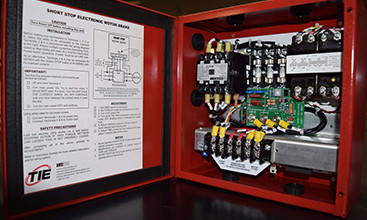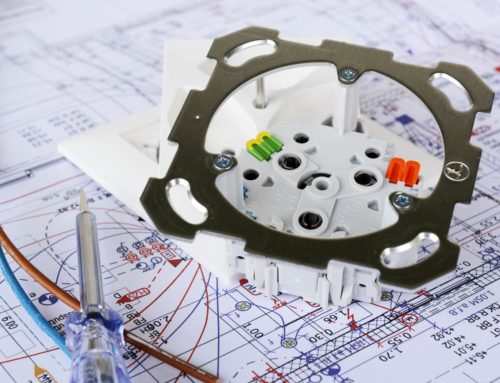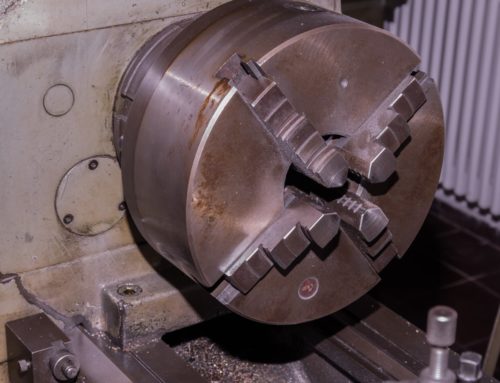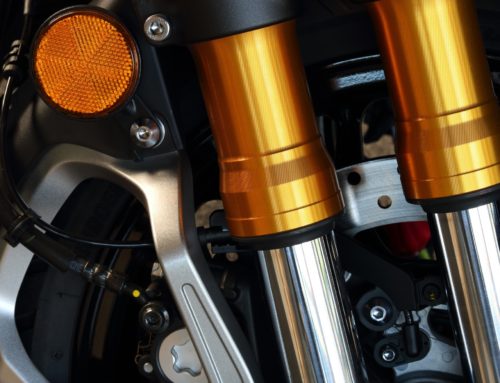You may not know it, but DC injection braking systems are everywhere, making workshops and the everyday world safer. In a variety of industries, electrical motor brakes are the solution for controlled braking of complex machinery with DC current rather than pressure and smoke. Because there are so many different applications available for DC electrical braking mechanisms, it’s undoubtedly a complicated concept. For example, the advantages and disadvantages of different models of various breaking mechanisms, as well as the big difference in the main line of products (AC versus DC) brakes, might seem cryptic at first, but that’s why we’re here to illuminate the various highlights of different products Ambitech Electronic Brakes offers and how those apply to your specific application needs. Check it out.
AC Versus DC
To start from the beginning, DC stands for “direct current,” and AC stands for “alternating current.” There are both AC and DC electrical braking systems and both types essentially do the same thing: stop the load. The internal designs of these brakes are completely different though and thus come with their own pros and cons lists that apply to different industry applications in a different fashion. Ultimately, the biggest design difference is how these brakes can be installed or implemented into machinery, and if that installation process works with the specific application you need.
They function by utilizing a simplistic force of physics and current. The Lorentz law is defined as “when a force is exerted on charged particles (in the case of DC electrical brake motors it’s exerted on charged electrons within) as the particles move in respect to a magnetic field.” This implies that the AC or DC current would be applied and then slows the turning mechanisms within the motor without relying on friction braking. It’s used to quickly stop the motor with ease, especially if the motor has a high amount of horsepower. They also do not require maintenance, nor do they wear out quite as quickly as their “friction braking” counterparts. The magnetic field (re: Lorentz law) applies a static electromagnetic field to the rotor in the motor. This easily and quietly slows the roto completely as it’s a way of inflicting opposite forces without relying on friction.
DC Voltage Braking System Features Outline
DC voltage braking probably provides the most well-rounded application of the same idea of an electrical motor brake. They’re quiet and don’t force an “in-rush” current to the motor. They can easily be battery operated, have an easy UL process and are super reactive. They respond quickly and have a simplistic design that makes them easy to apply in any setting on any electric motor. However, in comparison to AC voltage braking systems, they’re a bit slower, run hotter and require the use of a rectifier for direct line voltage.
That being said, AC voltage braking comes with its own complications, and in comparison, quite a few more than their DC competitors. For example, they have a very lengthy UL process, complex designs that are often not very uniform and common coil and solenoid failures. They’re also not very quiet and they use in-rush currents which isn’t always best. They do however provide faster reaction times, run on line voltage easily and have multi-phase options.
In our professional opinion, DC brakes are simply a more versatile, rounded type of electrical motor brake, which is why we’ve put our efforts into creating superior DC injection braking mechanisms that carry the Ambitech brand name forward for us. In addition to being overall better systems, they also have easily tweaked issues. For example, even though DC injection braking is known to overheat, you can always add a controller that can help you modulate them temperature and you can do the same for a faster engagement time for the brake too. The biggest up-side for DC brakes though, has to be that they’ll wear out much slower than AC brakes simply because AC brakes have in-rush currents that makes the coil burn out much faster than it should.






